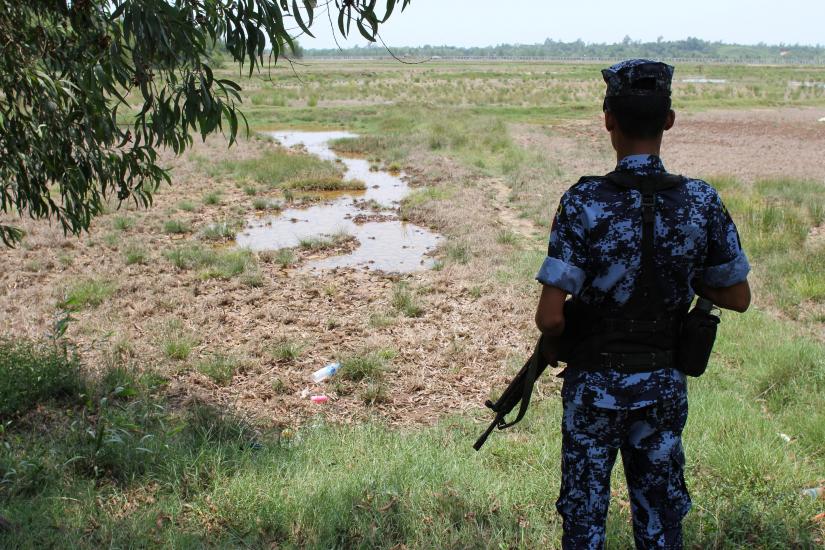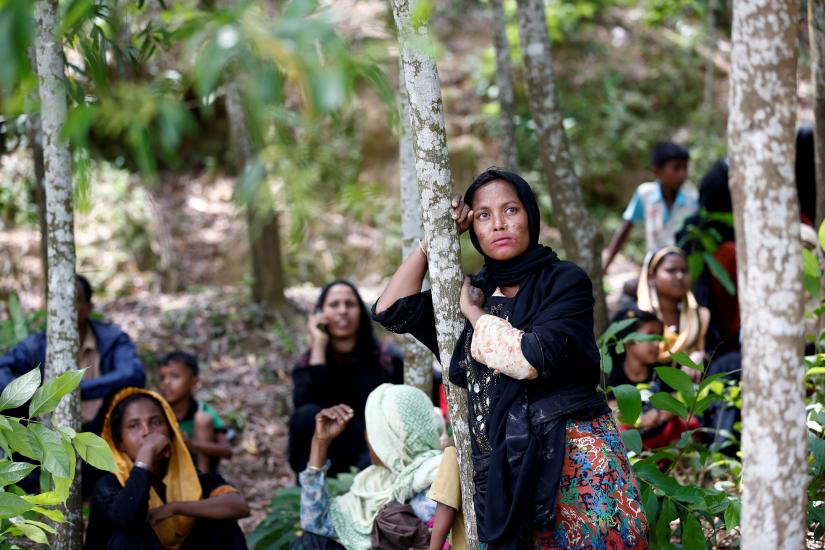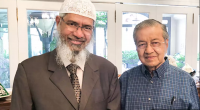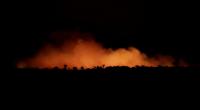 The United Nation’s fact-finding mission on Myanmar has said the brutal tactic of using sexual and gender-based violence to terrorise and punish ethnic minorities is still being used in Kachin and Shan states and must be stopped.
The United Nation’s fact-finding mission on Myanmar has said the brutal tactic of using sexual and gender-based violence to terrorise and punish ethnic minorities is still being used in Kachin and Shan states and must be stopped.
A new report, released in New York on Thursday, says Myanmar’s military, known as the Tatmadaw, demonstrated its genocidal intent against the Rohingya population “through the widespread and systematic killing of women and girls, the systematic selection of women and girls of reproductive ages for rape, attacks on pregnant women and on babies, the mutilation and other injuries to their reproductive organs, the physical branding of their bodies by bite marks on their cheeks, neck, breast and thigh, and so severely injuring victims that they may be unable to have sexual intercourse with their husbands or to conceive and leaving them concerned that they would no longer be able to have children.”
It says that soldiers routinely and systematically employed rape, gang rape and other violent and forced sexual acts against women, girls, boys, men and transgender people in blatant violation of international human rights law.
The Mission conducted interviews with hundreds of survivors and witnesses of sexual violence in Kachin and Shan States in the north, and in Rakhine State in the west, where the military’s “clearance operations” that began on Aug 25, 2017, led to more than 700,000 Rohingya fleeing to Bangladesh.
It says only one conclusion could be drawn from the accounts it had obtained: sexual violence perpetrated by the military was “part of a deliberate, well-planned strategy to intimidate, terrorise and punish a civilian population.”
“There was a genocidal intent to destroy the Rohingya population and make them flee,” Radhika Coomaraswamy, one of the members of the fact-finding mission told reporters at the UN headquarters in New York.
The majority of assaults reported were directed at women and girls who were beaten, burned with cigarettes, slashed with knives, raped and held as sexual slaves on military bases. The report also documents cases of rape, forced nudity and the sexual torture of men and boys.
“For the first time in such a UN report, we are clearly highlighting violence against transgender people,” said Mission Expert Christopher Sidoti.
“We spoke to transgender Rohingya women, and found they are victimised twice, because they are Rohingya and because they are transgender,” he said. The report also documents rape, gang rape and other sexual violence, sometimes deadly, against boys and men.
The report also documents rape, gang rape and other sexual violence, sometimes deadly, against boys and men.
In one incident in Kachin State’s Myitkyina Township, Myanmar Intelligence Office agents forced two male detainees to undress and rape each other. The agents reportedly laughed as they watched, asking “Are you enjoying yourselves?”
The Mission said it felt compelled to update the findings it made in an earlier 2018 report to the Human Rights Council to underscore the importance of accountability for perpetrators.
The report, says the UN mission, is a call to action to the Myanmar government, to all parties to the conflicts and to the international community to hold perpetrators of rape and other forms of sexual violence to account.
Responding to a question about the return to Rohingyas to their homes, Ms Coomaraswamy said the conditions are not conducive for their safe and dignified return.
“It’s not even clear where they will be going back to. The satellite images of the villages show just a few houses and it’s clear they are not going to their original villages,” she said.
 International
International
30845 hour(s) 13 minute(s) ago ;
Midnight 12:08 ; Wednesday ; Apr 24, 2024
Myanmar military's sexual violence against Rohingya shows 'genocidal intent': UN
Send
Brajesh Upadhyay, Washington
Published : 22:45, Aug 22, 2019 | Updated : 00:07, Aug 23, 2019
Published : 22:45, Aug 22, 2019 | Updated : 00:07, Aug 23, 2019
0 ...0 ...
/hb/
Topics: Top Stories
- KOICA donates medical supplies to BSMMU
- 5 more flights to take back British nationals to London
- Covid19: Rajarbagh, Mohammadpur worst affected
- Momen joins UN solidarity song over COVID-19 combat
- Covid-19: OIC to hold special meeting
- WFP begins food distribution in Cox’s Bazar
- WFP begins food distribution in Cox’s Bazar
- 290 return home to Australia
- Third charter flight for US citizens to return home
- Dhaka proposes to postpone D8 Summit
Unauthorized use of news, image, information, etc published by Bangla Tribune is punishable by copyright law. Appropriate legal steps will be taken by the management against any person or body that infringes those laws.
Bangla Tribune is one of the most revered online newspapers in Bangladesh, due to its reputation of neutral coverage and incisive analysis.
F R Tower, 8/C Panthapath, Shukrabad, Dhaka-1207 | Phone: 58151324; 58151326, Fax: 58151329 | Mob: 01730794527, 01730794528


